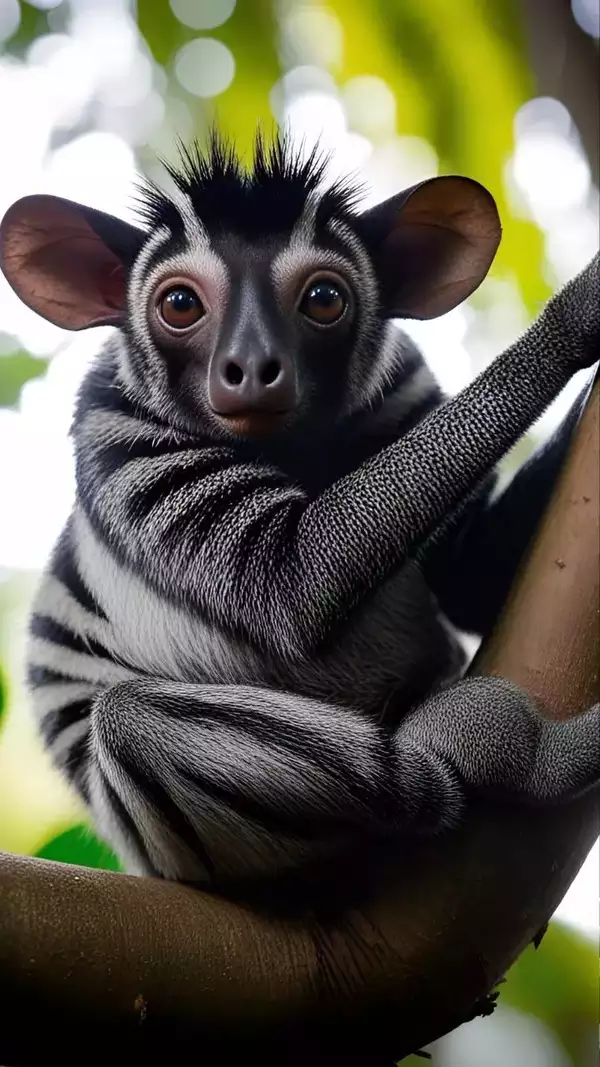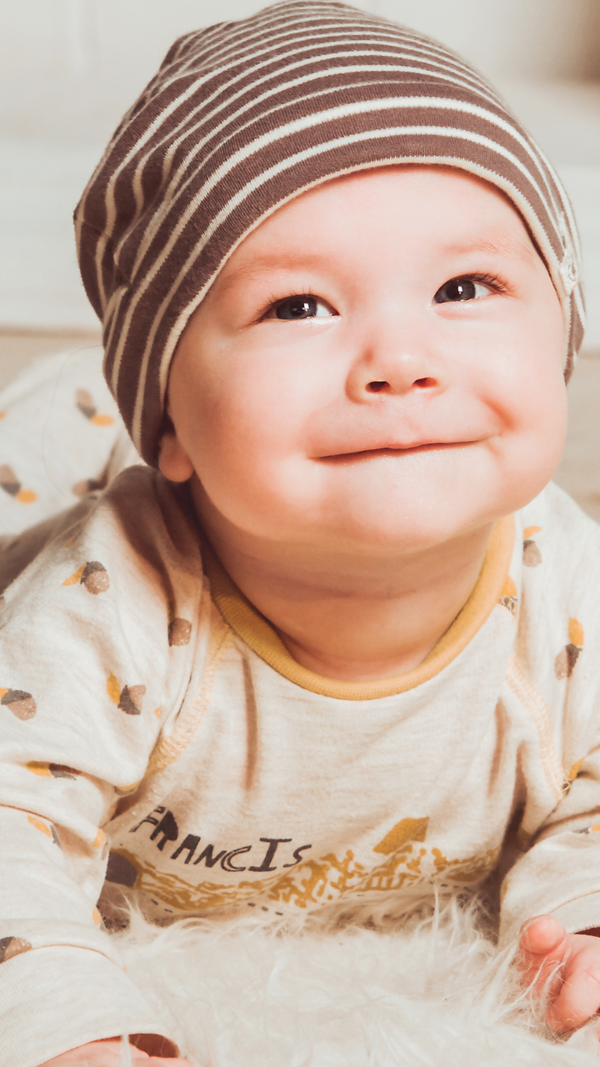- News
- entertainment
- english
- hollywood
- Ben Stiller, Mark Ruffalo, Cate Blanchette, Paul McCartney and 400 Hollywood stars unite for strong copyright protections against AI
Trending
Ben Stiller, Mark Ruffalo, Cate Blanchette, Paul McCartney and 400 Hollywood stars unite for strong copyright protections against AI
Over 400 Hollywood stars, including Ben Stiller, Mark Ruffalo, and Paul McCartney, signed a letter urging the Trump administration to maintain strong copyright protections against AI. They argue that tech companies' push for lenient IP regulations jeopardizes the creative industries' significant economic contributions.
Over 400 Hollywood stars from films, muisc and television, have come together to sign an open letter urging President Donald Trump’s administration to uphold strong copyright protections against artificial intelligence (AI).
The letter, addressed to the White House Office of Science and Technology Policy, expresses alarm at the stance of major tech companies advocating for more lenient intellectual property (IP) regulations. According to Deadline and Variety, the letter signed by prominent names including Ben Stiller, Cate Blanchett, Mark Ruffalo, Cynthia Erivo, Paul Simon, Paul McCartney, Ron Howard, filmmakers Taika Waititi, Guillermo del Toro, Alfonso Cuaron, Sam Mendes, among others. Performers including Chris Rock, Tessa Thompson, and Patton Oswalt have also lent their voices to the cause. Since March 15, additional creatives such as Dan Levy, Jada Pinkett Smith, Willow Smith, and Nicholas Braun have joined the initiative.
The stars have come together to warn against the potential risks of weakening copyright protections. According to Variety, the letter reads, "We firmly believe that America’s global AI leadership must not come at the expense of our essential creative industries."
The concern arises from recent submissions made by AI leaders OpenAI and to the White House Office of Science and Technology. OpenAI’s submission, dated March 13, argues that strict adherence to copyright laws could hinder the US from maintaining its competitive edge against China in the AI race. The company urged the government to "secure Americans’ freedom to learn from AI, and avoid forfeiting our AI lead to the PRC by preserving American AI models’ ability to learn from copyrighted material." Google shared the sentiment, stating that "current copyright law enables AI innovation."
The letter also highlighted the entertainment sector’s significant contribution to the economy, supporting over 2.3 million jobs and generating more than $229 billion in wages annually.

About the Author
TOI Entertainment DeskEnd of Article
FOLLOW US ON SOCIAL MEDIA
Visual Stories
Tired of too many ads?









